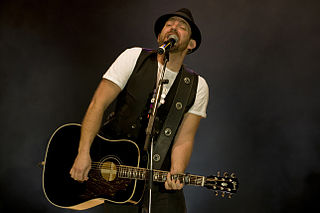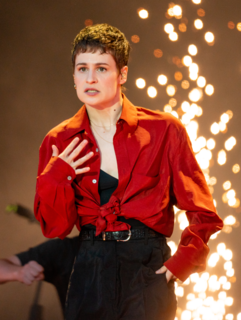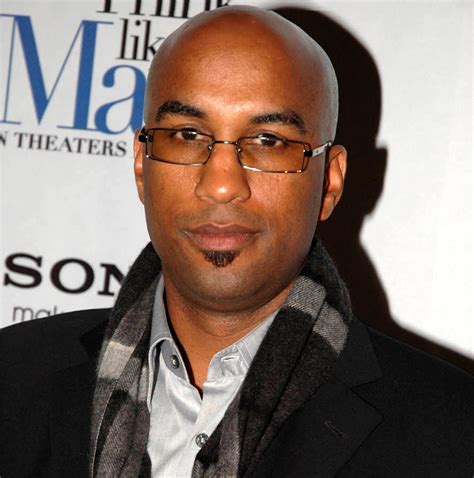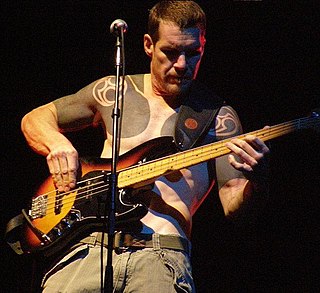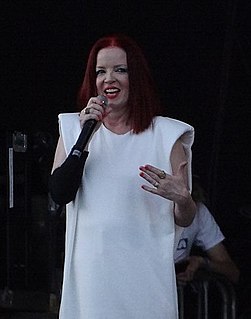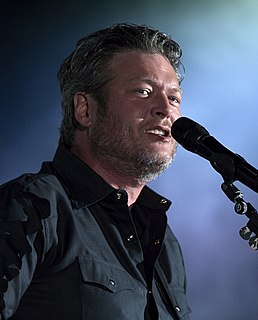A Quote by Kristian Bush
The first time I toured the U.K. was in the early '90s with Billy Pilgrim, so I know how much the people there love music.
Related Quotes
This was early '90s and in New York hip-hop was coming on really strong; that was the sort of urban folk music that was almost threatening to eclipse rock music and indie rock music in terms of popularity, which it has certainly gone on to do. But you know, this is the end of the 1980s, beginning of the '90s. The whole independent label thing has really evolved to this incredible point from the early '80s when we started, and there wasn't one record label at all, until a couple people started forming these small labels.
Billy Pilgrim says that the Universe does not look like a lot of bright little dots to the creatures from Tralfamadore. The creatures can see where each star has been and where it is going, so that the heavens are filled with rarefied, luminous spaghetti. And Tralfamadorians don't see human beings as two-legged creatures, either. They see them as great millepedes - "with babies' legs at one end and old people's legs at the other," says Billy Pilgrim.
So what's happening with the audio/visuality, for the first time we are doing the music - the people who would come to the concert love the music - they loved him and loved his music - for the first time in concert it's not only the music. Now it's time to know the man. We know the music, but what was the man like?
To a degree, rock fans like to live vicariously and they like that, music fans in general, but when indie music sort of came into prominence in the early '90s, a lot of it was TV-driven, too, where if you saw the first Nirvana video, you're looking at three guys that look like people you go to school with.
Early American music and early folk music, before the record became popular and before there were pop stars and before there were venues made to present music where people bought tickets, people played music in the community, and it was much more part of a fabric of everyday life. I call that music 'root music.'
